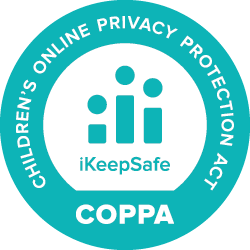Summary:
In the U.S., we throw away over 50% of all produce often because it’s too “ugly,” it’s been on the shelf for too long, or customers just won’t buy it or eat it. Much of this food is perfectly acceptable: it tastes great and is safe to eat. Food waste is a big problem: it hurts the environment and wastes important resources, like water, land, and fuel. This is an opportunity for the creative entrepreneur who wants to make money in the food industry while also solving a social problem.
Scenario:
For years, entrepreneurs have been trying to make money on customers’ eating habits. This includes inventing food products and starting farms, grocery stores, or restaurants. More recently, entrepreneurs have begun looking for ways to combine their concern for social issues, like food waste, with their interest in food. When done right, food entrepreneurs can make money and have a positive impact on society.
One way entrepreneurs are addressing food waste is through sliding price scales. A sliding price scale charges customers different amounts of money for the same food depending on things like the time of day or the appearance and age of the food. In some sliding scales, the price goes down by a certain percentage every hour, day, or week. For example, at a grocery store that uses a sliding price scale, it might cost less to buy a banana with spots (“ugly” and less fresh) than it does to buy a spotless yellow banana (“pretty” and fresh).
Challenge:
Sliding price scales can be used in many different food-related businesses. Your challenge is to design a food-related business that uses a sliding price scale to reduce food waste.
You must:
- Base your sliding price scale on market research,
- Use percent discounts in your sliding scale,
- Show how your sliding price scale will be applied, and
- Describe how your idea will reduce food waste.
Click here for a printable version of this document: Article - Your Challenge (PDF)




